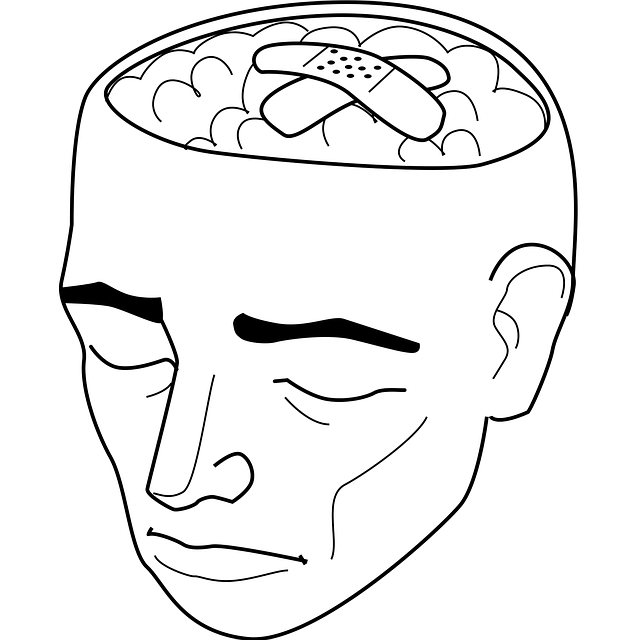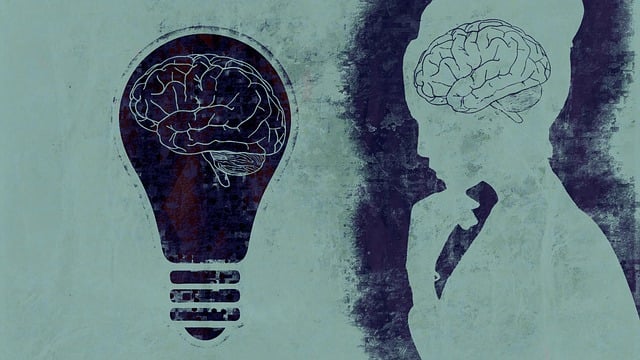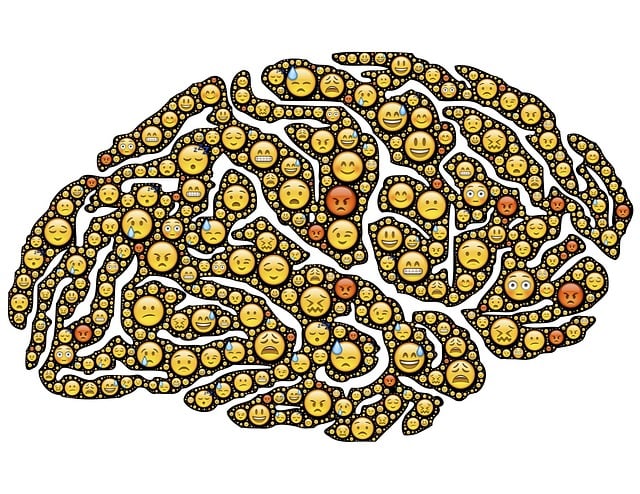Mental wellness, encompassing emotional, psychological, and social well-being, is crucial for daily functioning and life satisfaction. Conditions like Parker Conduct Disorder (PCD) disrupt this balance, highlighting the need to prioritize mental health in a stressful world. PCD therapy focuses on behavioral and emotional challenges through self-care routines promoting mood management and risk mitigation, including stress-reducing activities, healthy relationships, and culturally competent healthcare. Identifying personal self-care needs is vital for crafting tailored wellness routines, fostering resilience, and navigating life's challenges. Tools like Parker Conduct Disorder Therapy aid in managing symptoms through introspection, coping strategies, and emotional intelligence development.
Mental wellness is integral to our overall wellbeing, yet it’s often overlooked. This article guides you on crafting a personalized self-care routine that fosters mental health resilience. We’ll explore the profound impact of mental wellness on daily life and provide tools for self-discovery. From understanding conditions like conduct disorder (a specific focus for Parker Conduct Disorder Therapy) to implementing strategies for lasting wellbeing, this is your roadmap to enhanced mental wellness and improved quality of life.
- Understanding Mental Wellness and Its Impact on Daily Life
- Identifying Personal Self-Care Needs: A Journey to Self-Discovery
- Crafting a Personalized Self-Care Routine: Tools and Strategies for Long-Term Wellbeing
Understanding Mental Wellness and Its Impact on Daily Life

Mental wellness is a crucial aspect of overall health and well-being, impacting every area of our lives. It refers to our emotional, psychological, and social state, affecting how we think, feel, and act in daily situations. Understanding mental wellness involves recognizing that it’s not just the absence of mental illness but also about cultivating resilience and maintaining a positive mindset. This is essential as mental health issues, such as anxiety, depression, or even conditions like Parker Conduct Disorder (PCD), can significantly disrupt one’s ability to function and enjoy life.
In today’s fast-paced world, where stress and pressure are prevalent, prioritizing mental wellness is more important than ever. PCD Therapy, for instance, focuses on addressing behavioral and emotional challenges associated with conduct disorders. However, it’s not solely about treatment; it’s also about adopting a self-care routine that promotes mood management and risk mitigation. This includes engaging in activities that reduce stress, fostering healthy relationships, and seeking support from healthcare providers who offer culturally competent care. Additionally, mental wellness practices enhance our ability to navigate life’s challenges, ensuring we can lead fulfilling lives with improved emotional resilience.
Identifying Personal Self-Care Needs: A Journey to Self-Discovery

Identifying your personal self-care needs is a crucial step in developing a wellness routine tailored to your unique circumstances. This journey of self-discovery involves delving into your emotional landscape and understanding what nourishes or depletes your mental health. It’s about recognizing that everyone’s needs differ, and what works for one person may not be suitable for another. Through introspection, you can identify patterns, triggers, and sources of stress that impact your overall well-being.
For individuals with conditions like Parker Conduct Disorder, this process becomes even more significant. Therapy plays a pivotal role in fostering emotional intelligence and resilience building. By engaging in regular therapy sessions, one can learn to manage challenging behaviors, develop healthier coping mechanisms, and enhance their ability to navigate life’s complexities. Moreover, considering the broader context of mental health policy analysis and advocacy, understanding personal self-care needs is a proactive step towards advocating for inclusive support systems that cater to diverse mental health concerns.
Crafting a Personalized Self-Care Routine: Tools and Strategies for Long-Term Wellbeing

Crafting a personalized self-care routine is akin to embarking on a journey of self-discovery and growth. It’s about understanding your unique needs and incorporating activities that nurture your mental wellness. This process involves introspection, much like Parker Conduct Disorder Therapy, where you identify triggers, emotions, and behaviors. By recognizing patterns, you can develop tailored strategies to manage stress, anxiety, or other challenges.
Empathy Building Strategies and Risk Management Planning for Mental Health Professionals are valuable tools here. Incorporate activities that foster confidence and self-love—be it meditation, journaling, exercise, or creative pursuits. These practices not only provide immediate relief but also contribute to long-term resilience. Remember, a robust self-care routine is an ongoing practice, adaptable as your needs evolve, ensuring sustained mental wellness.
Incorporating self-care practices tailored to individual needs is a powerful tool for enhancing mental wellness. By understanding the impact of mental health on daily life and engaging in self-discovery, individuals can create personalized routines that support long-term wellbeing. Just as Parker Conduct Disorder Therapy provides targeted interventions, crafting a unique self-care routine empowers people to take charge of their mental health journey. Through mindful choices and consistent practice, one can cultivate resilience, promote balance, and foster overall emotional well-being.














